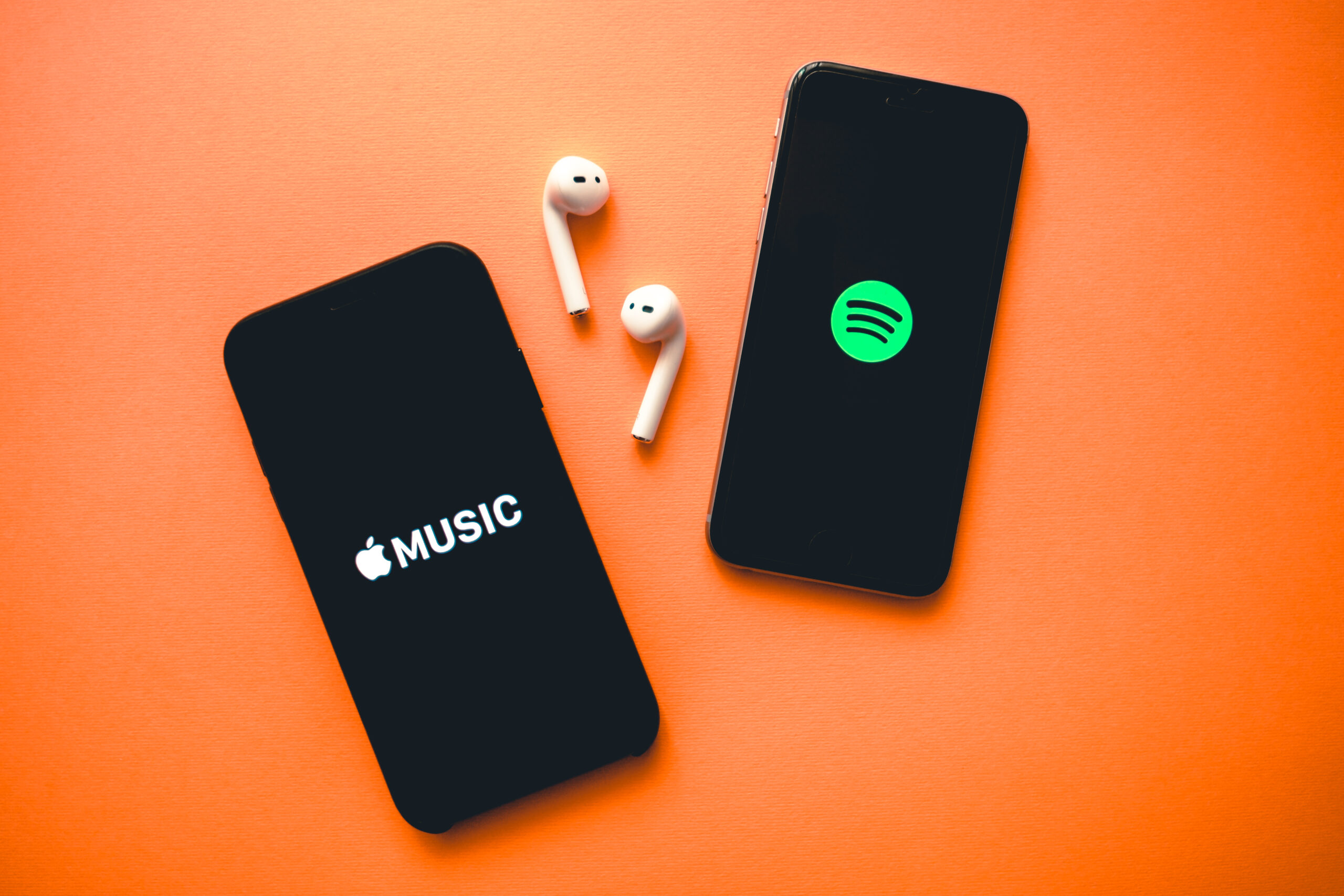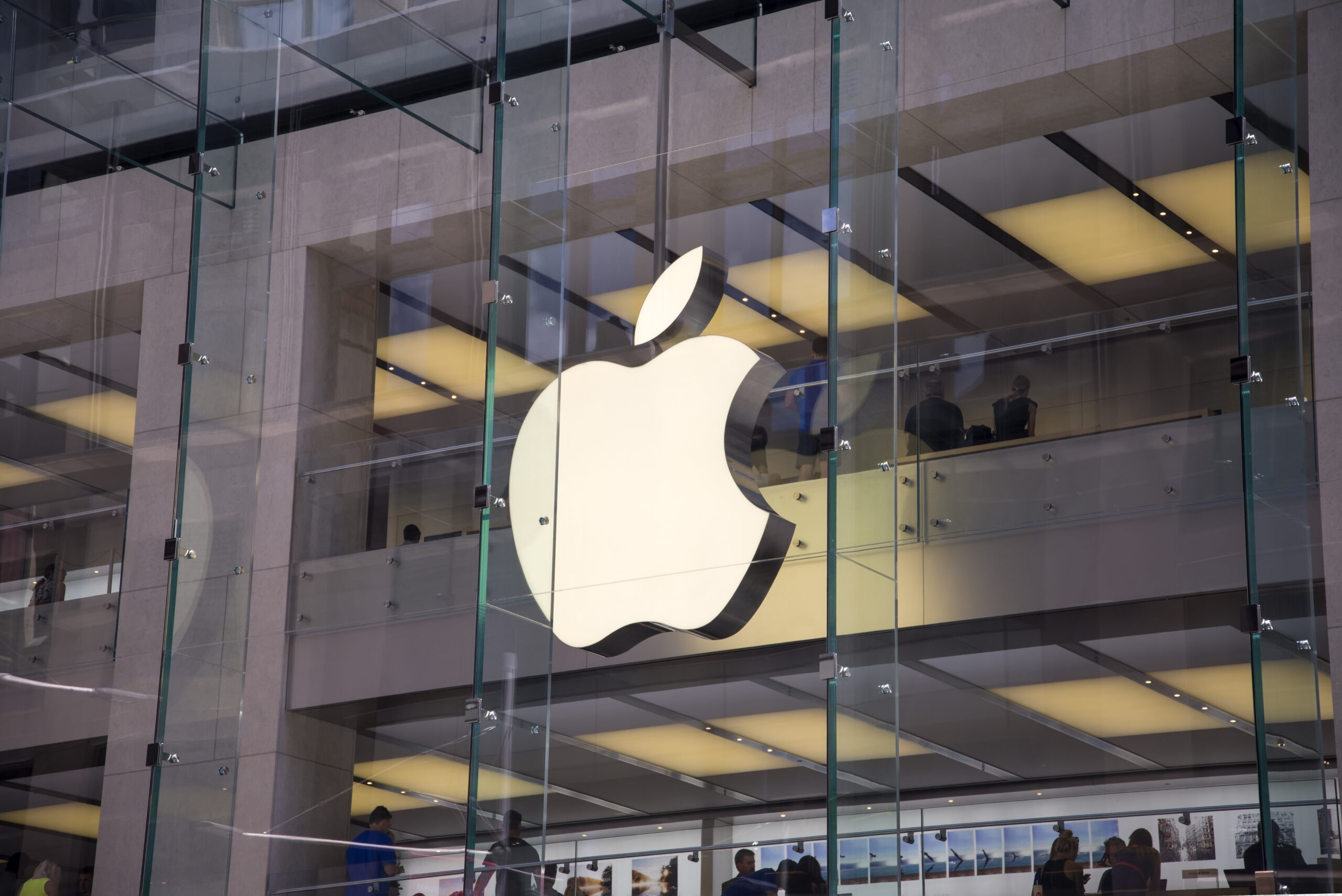This marks the tech giant’s first fine issued by the European Commission.
The EU has imposed over €1.8 billion (£1.5 billion) fine on Apple following an investigation that revealed the company had restricted competition from music streaming services like Spotify.
The fine, nearly four times greater than expected, underscores the European Commission’s commitment to taking decisive action against tech companies that misuse their dominant market position in online services.
Margrethe Vestager, the European Competition Commissioner, stated that a lesser fine would have merely amounted to a parking fine, and the €1.8 billion (£1.5 billion) penalty was intended to serve as a deterrent to prevent Apple and others from repeating such practices.
“It’s crucial to understand that if you’re a dominant company engaging in illegal activities, you will face consequences. We aim to demonstrate our determination in tackling these issues,” she emphasized.
She pointed out that due to these anti-competitive practices, the public ultimately paid more than necessary for music streaming services.
“Apple’s regulations negatively impacted consumers by withholding essential information, preventing them from making informed choices or effectively using services. As a result, some consumers might have ended up paying more, unaware that subscribing outside the app could cost them less,” Vestager explained.
The case was initiated by complaints from Spotify and focused on Apple’s App Store being the exclusive entry point for iPhone applications.
The European Commission stated that Apple’s behaviour over a decade may have caused numerous iOS users to incur substantially higher costs for music streaming subscriptions.
Vestager remarked that consumers might have paid an additional €2 or €3 per month for music streaming services due to the absence of open competition. However, she acknowledged that the fine would not be redistributed to allegedly exploited customers but to individual member states.
The commission found that the tech company disadvantaged users by constraining app developers from openly promoting less expensive music subscription services available outside the Apple “ecosystem.”
“Music streaming developers were prohibited from informing users within their own apps about lower prices for the same subscription available on the internet,” she explained, referring to an “anti-steering” practice.
“They were also prohibited from modifying links within their apps to direct consumers to their websites where lower prices were available,” she stated during a press conference in Brussels.

Industry Giants Clash: Spotify Challenges Apple App Store Policies Amid Allegations of Favouritism
Spotify, the largest music streaming service globally, has contended that the restrictions favour Apple’s competitor music streaming service, Apple Music. Spotify and other app providers have long been vocal critics of Apple’s App Store, alleging that it stifles competition by imposing a 30% fee on apps and in-app purchases.
As of today, Spotify has a 56% share of Europe’s music streaming market which is more than double that of its closest competitor and yet it pays Apple nothing for the services that have contributed to its status as one of the most renowned brands globally.
A significant portion of their achievements can be attributed to the App Store and the myriad tools and technologies that Spotify utilises to develop, enhance, and distribute their app to Apple users worldwide.

Apple Strategic Response: Opening iPhone to External App Sources Amid EU’s Digital Markets Act Rollout
Apple has announced intentions to enable EU customers to download apps onto iPhones from sources outside the App Store in reaction to the introduction of the trading bloc’s DMA. This regulation aims to oversee major tech firms such as Apple, Microsoft, and Mark Zuckerberg’s Meta.
In response to the fine, Apple stated: “The decision was made despite the commission’s inability to uncover any credible evidence of consumer harm and disregards the realities of a market that is flourishing, competitive, and rapidly expanding.”
“The main proponent of this ruling and the most significant beneficiary is Spotify, a company headquartered in Stockholm, Sweden. Spotify is the largest music streaming app globally and has held over 65 meetings with the European Commission during this investigation.”
Digital Markets Act
In January, Apple revealed intentions to enable EU customers to download apps from sources beyond its app store, coinciding with the approaching implementation of the Digital Markets Act (DMA).
The European Union’s DMA aims to foster competition within the technology sector and challenge the dominant positions held by companies such as Apple and Google.
Tech companies were given a six-month window starting from August of the previous year to adhere to a comprehensive set of requirements outlined in the new legislation, failing which they could face fines of up to 10% of their annual turnover.
The companies have until later this week to adhere to a series of changes introduced since the beginning of the year, while Apple, Meta, and TikTok are contesting certain aspects of the law.
Anne Witt, a law professor at EDHEC, informed the BBC that the DMA will exert a “significant impact” on the operations of designated platforms within the EU.
“It represents a more potent but also less nuanced legal instrument in combating market consolidation in the digital sphere,” she remarked.
Recently, Spotify and 33 other companies spanning various digital sectors penned a letter to the European Commission, launching a fresh critique of Apple’s “failure to comply” with the DMA.
“Apple’s updated terms not only flout both the essence and specifics of the law, but if left unaltered, undermine the DMA and the substantial endeavours by the European Commission and EU institutions to foster competitiveness in digital markets,” the letter expressed.


